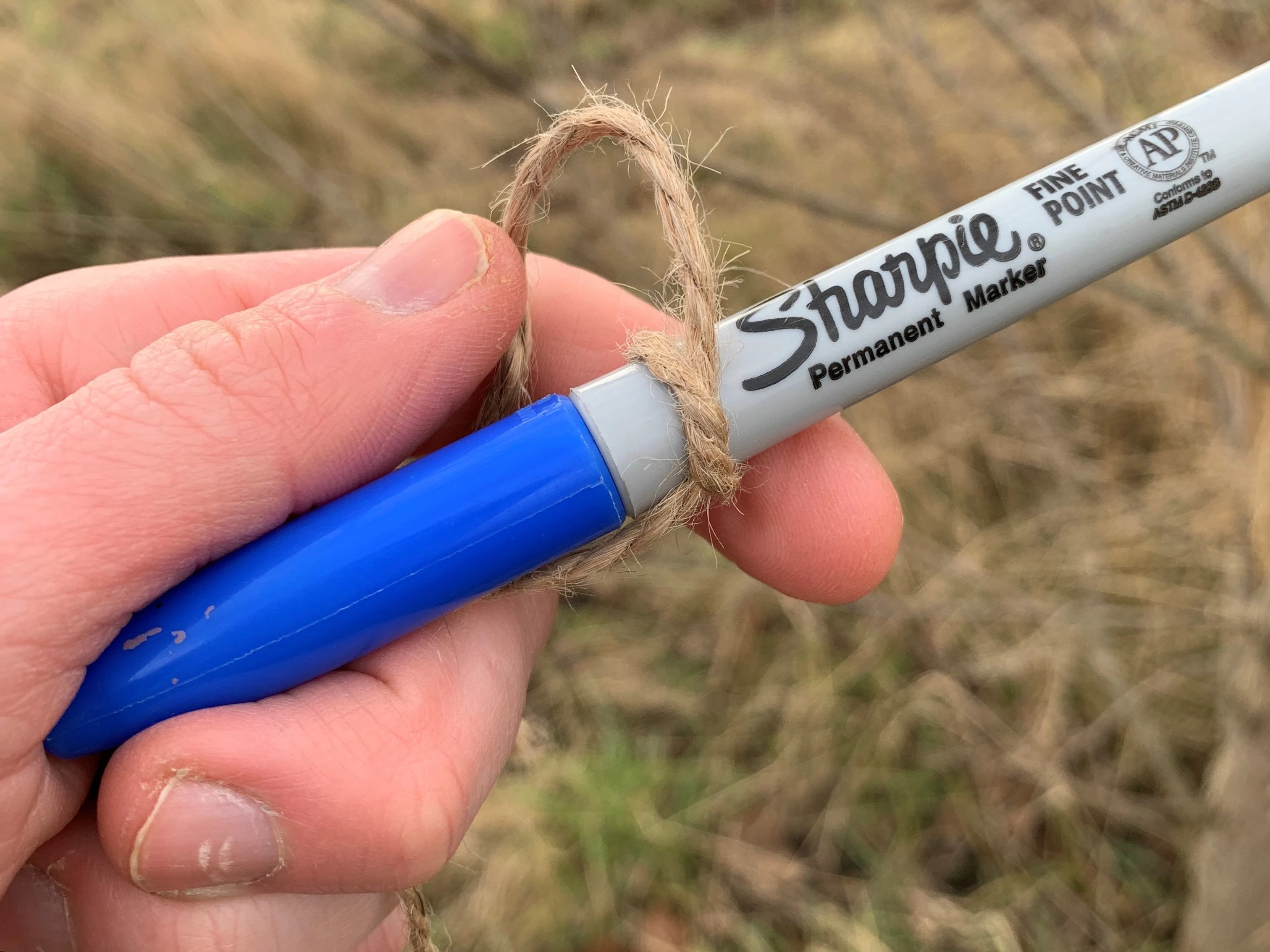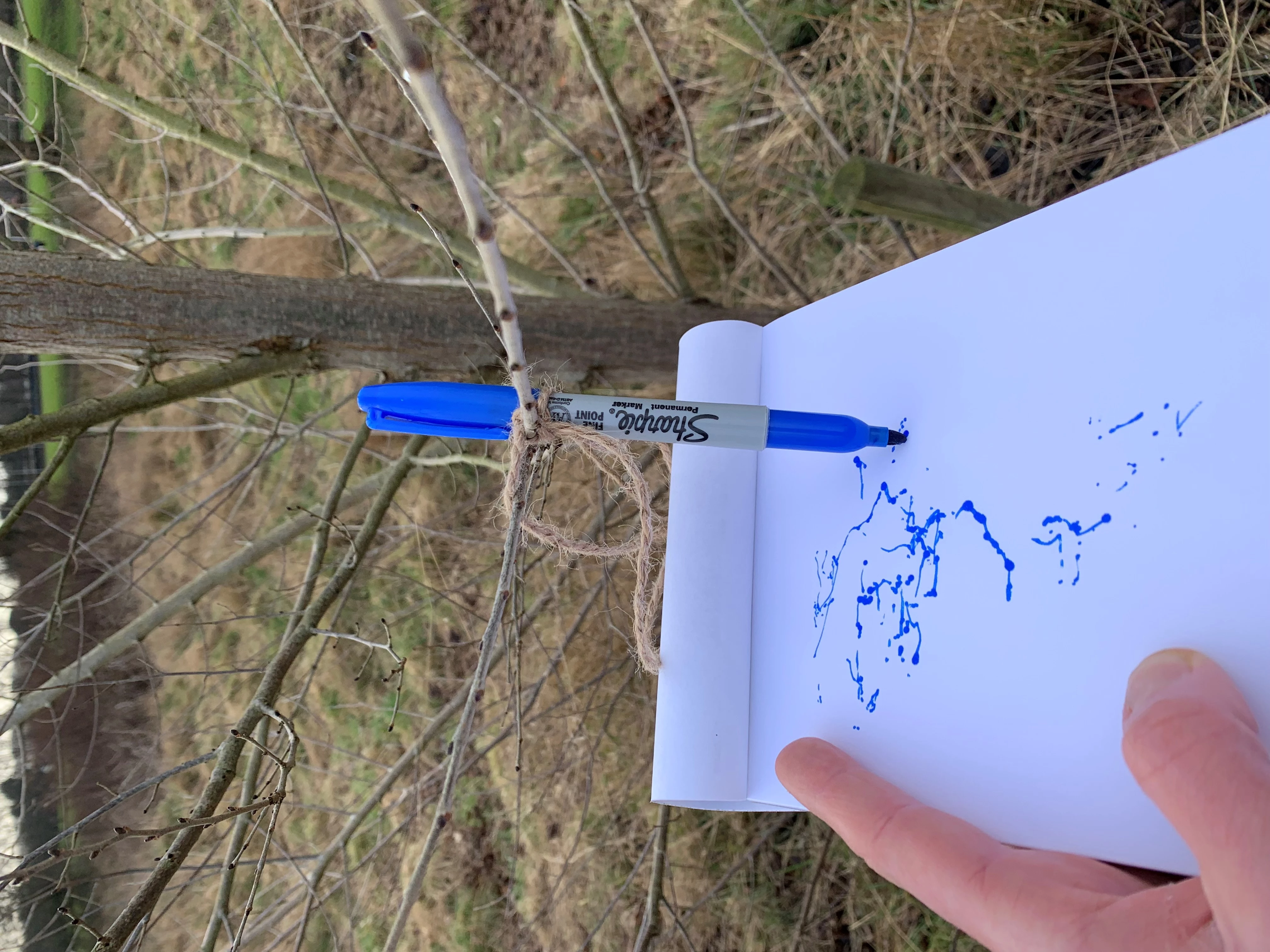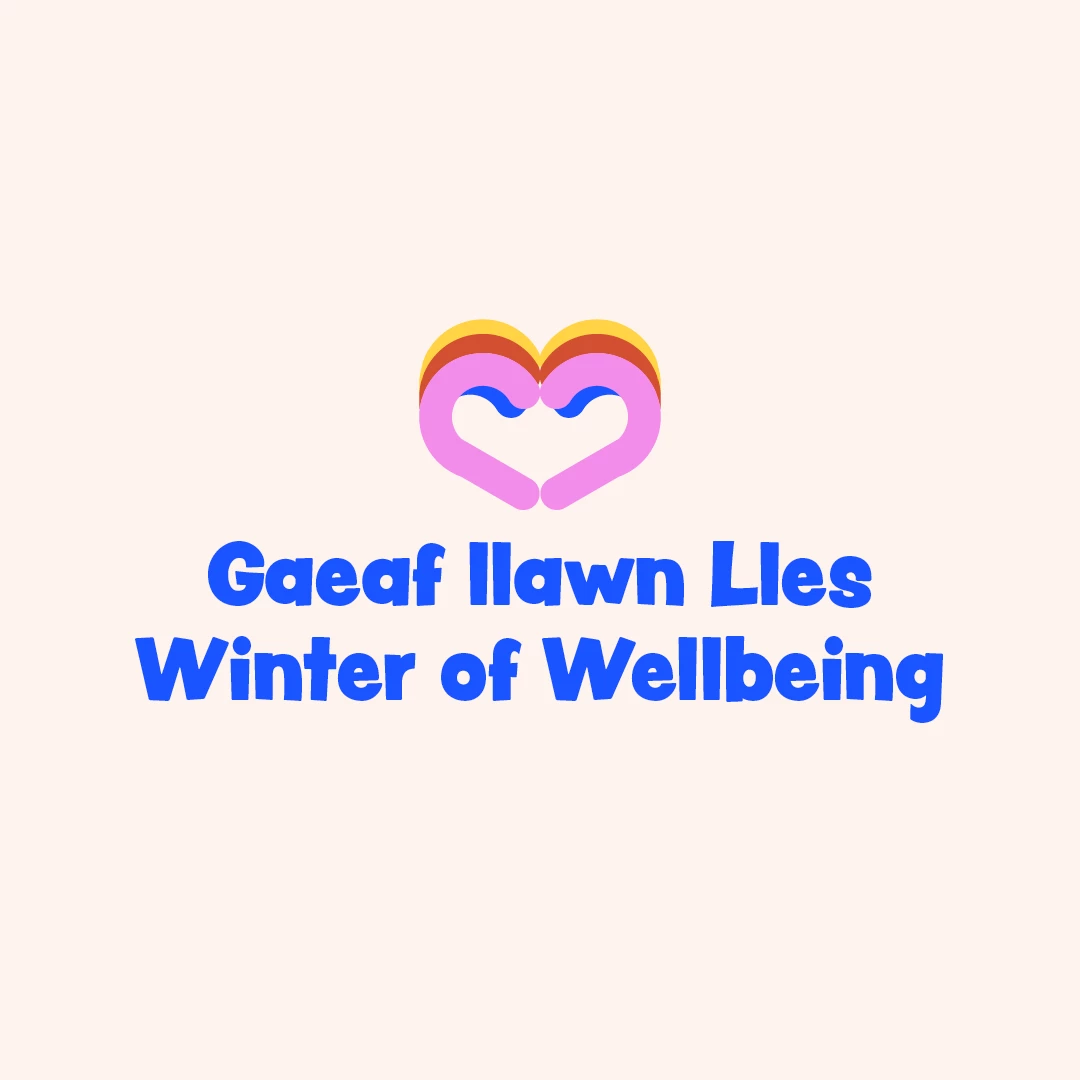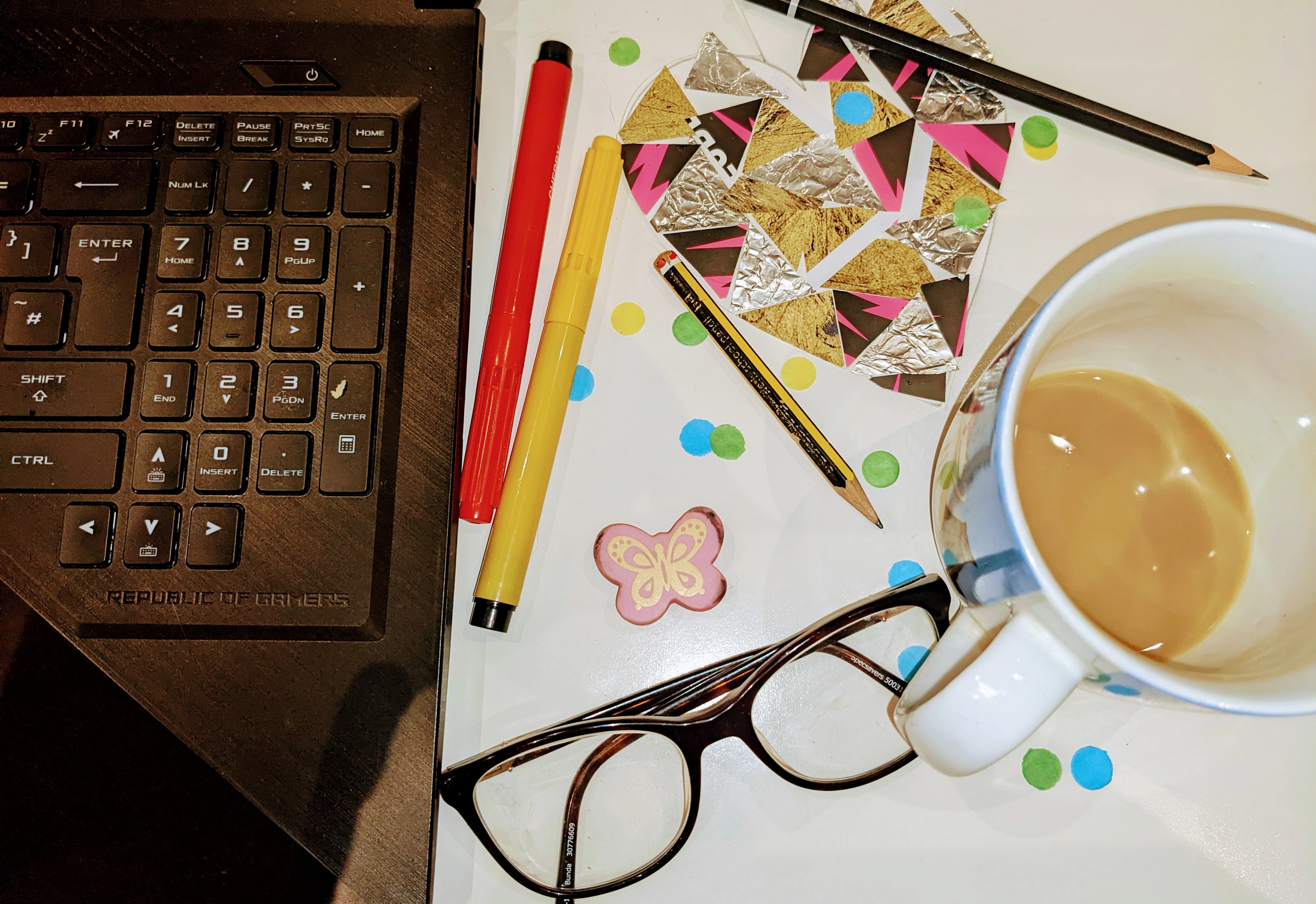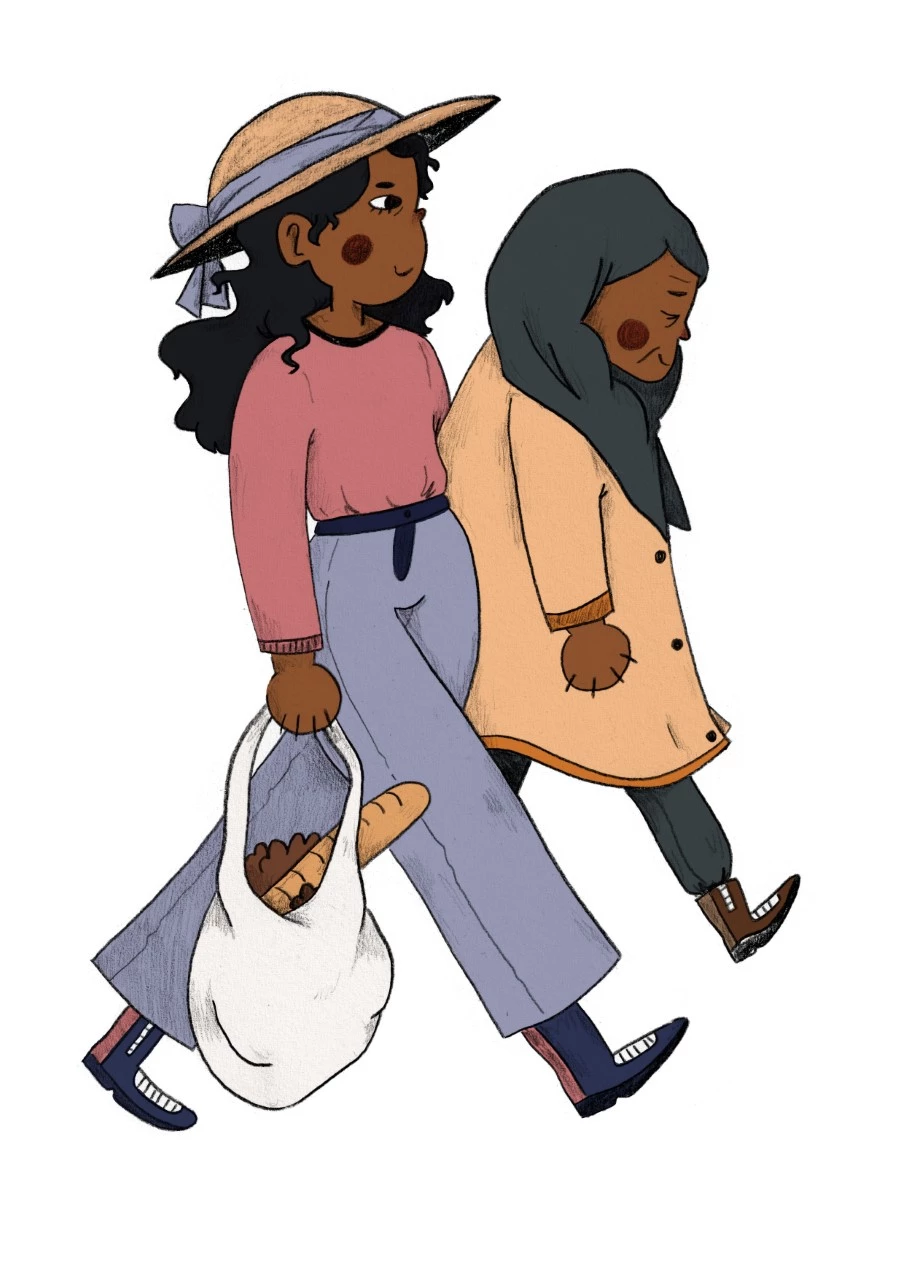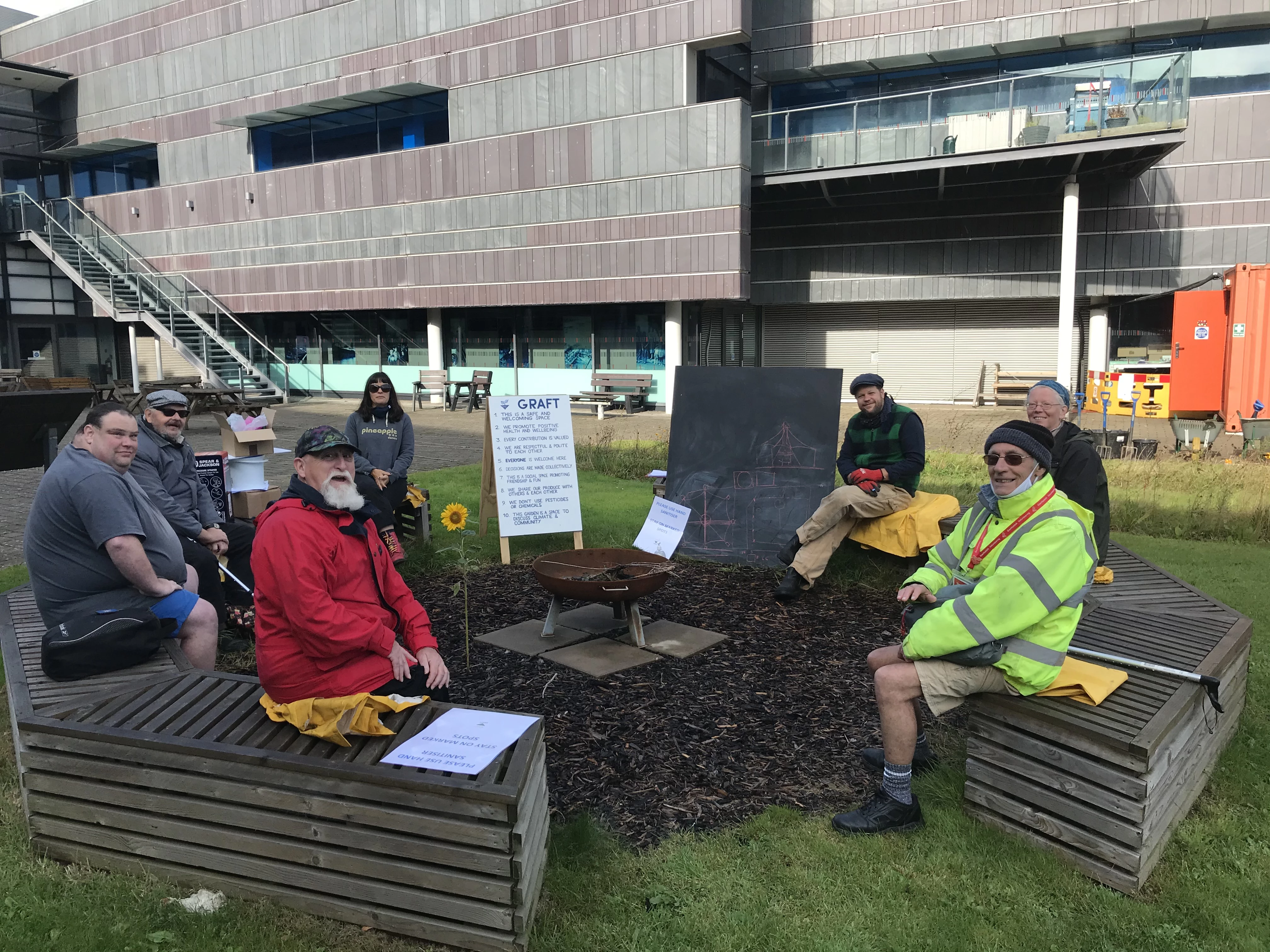The Carers Wales report State of Caring 2019 estimated that last year there were 400,000 carers in Wales. The 2011 Census gave the overall figure as 370,000 or 12% of the population, with 30,000 of those carers under the age of 25 and it noted that Wales has the highest proportion of carers under 18 in the UK. These figures all refer to unpaid carers, who are supporting an adult or child with a disability, physical or mental illness, or affected by substance misuse. It does not include those working in paid caring roles.
It is estimated that most of us, three out of five, will become a carer at some point in our lives.
Given these huge numbers and the fact that most of us are, or will be, affected why don’t we hear more about carers? One reason could be that carers are too busy being carers. I have been a carer myself and before joining Amgueddfa Cymru I spent 30 years working in health and social care services, in which time I would estimate that I worked with a few thousand carers. My experience and extensive studies show that many carers experience loneliness and social isolation, poor mental or physical health themselves, and financial pressure, as a result of their caring role.
So what does this mean for Amgueddfa Cymru? One of the goals for our 10-year strategy, due to be published in spring 2021, is that we are relevant to everyone and accessible to everyone; another is a focus on health and wellbeing for all. Our community engagement programme has a very wide range of ways for people who have support needs (due to health, disability or other circumstances) to get involved in museum activities as a visitor or through our volunteering and learning programmes. We certainly welcome carers via these initiatives and there are many carers who have got involved, but as yet we don’t have very much that is specifically designed around the needs of carers.
Looking ahead to next year, the Volunteering team want to provide some opportunities designed specifically for carers. This may involve recruiting volunteers who can support carers in visiting our museums, or, it may mean designing volunteering opportunities for carers that work around caring demands. At the moment we imagine a mix of attendance options – some opportunities for carers to attend or join something on their own, others where carers can do so with the person they provide care for.
The usual image of carers is of someone older, caring either for an elderly parent or for their spouse or partner. There are many who fit that description, but there are also more young adult or child carers than most people realise and the demands of caring risk an adverse impact on their education, development, and overall quality of life. We are therefore planning to include some opportunities that are specifically aimed at young carers.
People from all communities face caring responsibilities, which may in some cases be made even harder by systemic discrimination and disadvantage. My own experience of caring for my Iraqi grandmother was that the support services available genuinely intended to welcome everyone but were nearly all set up around the habits, lifestyles and life experiences of a White British population. The food and activities offered, and life events discussed (for instance in Reminiscence therapy), held no relevance or comfort for her whatsoever. I’m not suggesting this gives me any insight into another person’s experience, it doesn’t, but it does give an insight into the limitations of a single approach.
So we know we will need a nuanced and varied approach, and this is where we would like your help. We have created a survey which sets out some of our ideas so far, but we also need to hear from you if you are a carer or have been a carer in the past. If you’re not, we’d be grateful if you could help us by sharing this with carers you know.
The survey launches on Carers Rights Day, 26 November, and on the same day we’re also planning a live online discussion (with a free event ticket for every carer who joins us). You can find the details of how to participate, and also the ‘taster’ sessions on the same day, via this web page: https://museum.wales/getinvolved/carers
